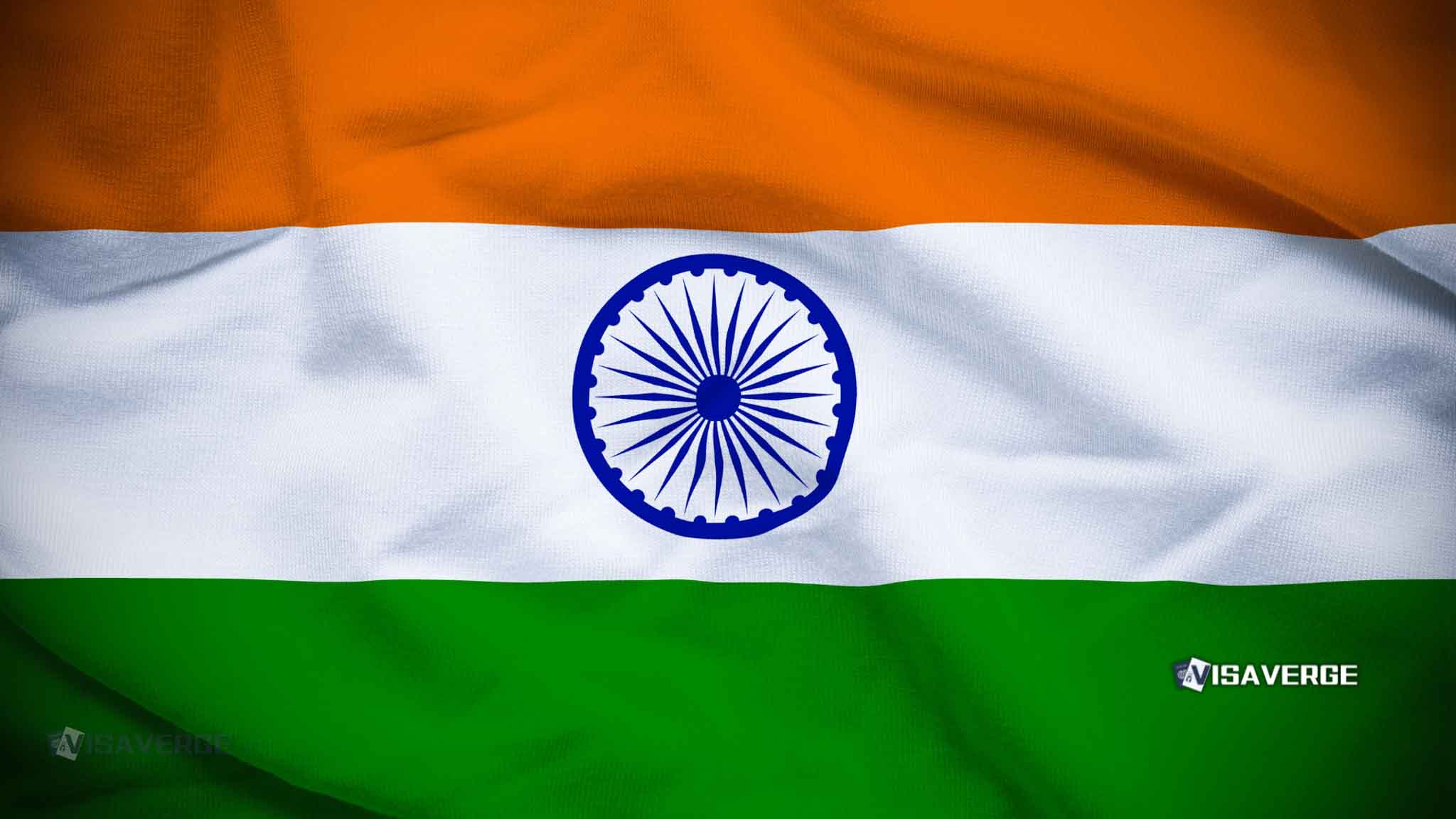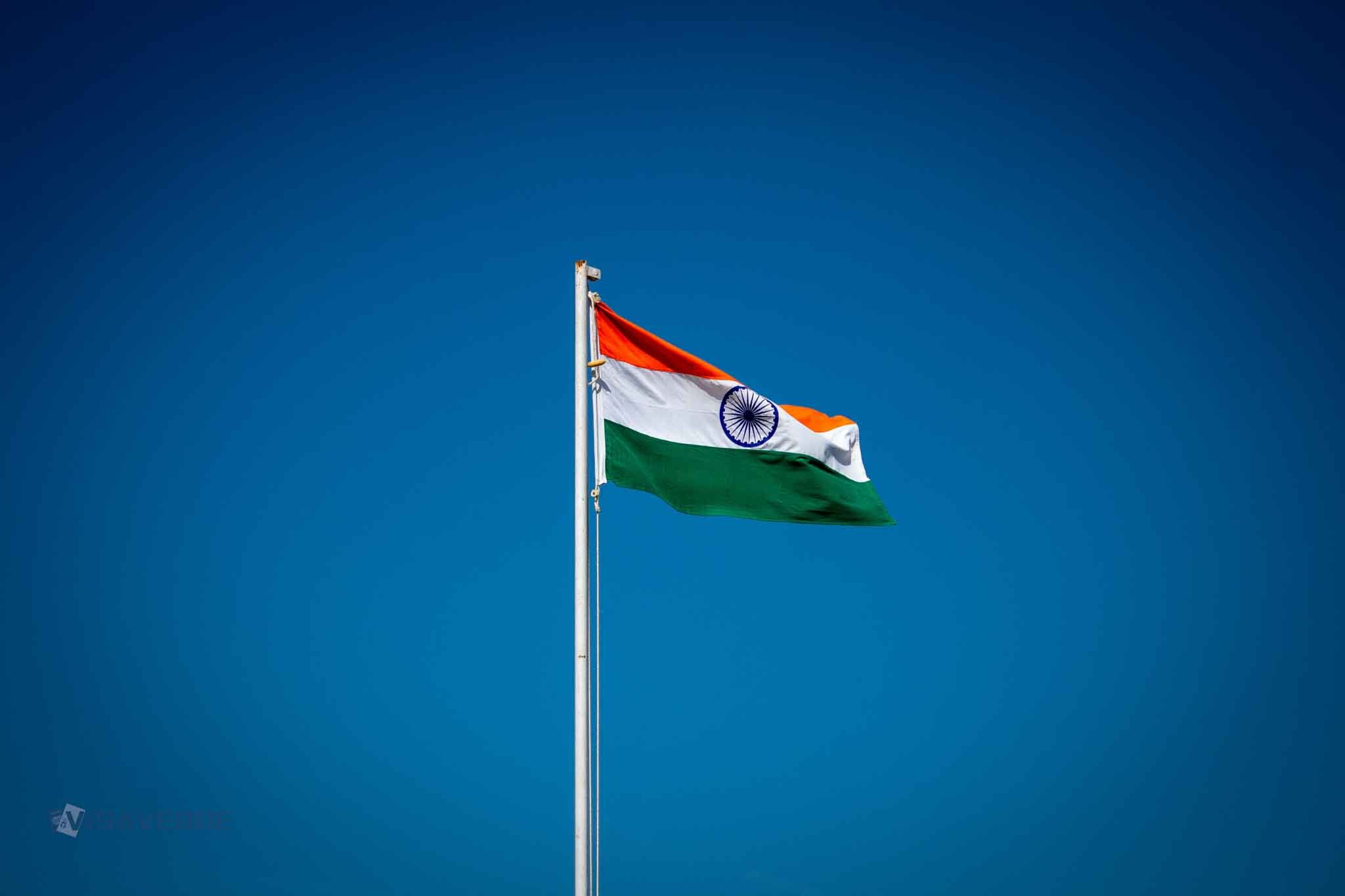Key Takeaways
• India revoked Nitasha Kaul’s OCI status, citing “anti-India activities” connected to public criticism on Kashmir and human rights.
• Kaul was previously denied entry at Bengaluru airport despite being officially invited to speak on democracy.
• Academics warn this case threatens academic freedom and the rights of diaspora communities to express critical views about India.
Nitasha Kaul, a professor at the University of Westminster in London, recently had her Overseas Citizenship of India (OCI) status cancelled by the Indian government. This action has brought new attention to the ways countries handle dissent and citizenship for people living abroad. The case has stirred debate among academics, activists, and policymakers around the world, with many asking what this means for the rights of diaspora communities and for academic freedom.
Professor Nitasha Kaul and Her Background

Nitasha Kaul is a UK-based academic of Indian origin. She is a Kashmiri Pandit, a member of the minority Hindu community from the Kashmir region. Kaul works at the Department of Politics and International Relations at the University of Westminster in London, where she has often spoken about international relations, democracy, and human rights. Her work focuses on the political challenges facing India, especially those related to the situation in Jammu and Kashmir.
Throughout her career, Nitasha Kaul has been outspoken about her concerns regarding human rights in Kashmir. In 2019, she testified before the US House Committee on Foreign Affairs about the Indian government’s decision to remove Article 370, which provided special autonomy to Jammu and Kashmir. During her testimony, she highlighted cases of state violence in Kashmir and expressed deep worry for the future of human rights in the region.
What Triggered the Loss of OCI Status?
The Overseas Citizenship of India, often called OCI, gives certain privileges to people of Indian origin who are citizens of other countries, allowing them to live and work in India almost like Indian citizens (though there are some exceptions, such as not having the right to vote). You can learn more about OCI rules and rights from the Indian government’s official OCI information page.
On May 20, 2025, it came to light that Nitasha Kaul’s OCI status had been revoked. In the official cancellation notice, the Indian government accused Kaul of engaging in what it called “anti-India activities.” The notice said she carried out a range of activities—including writing, giving speeches, and engaging on social media—that, in their words, regularly targeted India’s sovereignty “with malice and a complete disregard for facts or history.”
These are strong accusations. The government claims she aimed to harm the country’s reputation at home and internationally. They pointed out specifically her testimony in front of the US Congress as one of the actions they found unacceptable. The cancellation notice said Kaul’s words and actions broke the trust that allows foreign citizens to enjoy special privileges through the OCI program.
Past Incidents: Entry Denied at Bengaluru Airport
The cancellation of Nitasha Kaul’s OCI status did not come out of the blue. In February 2024, she traveled to India at the invitation of the Karnataka state government, which is led by the Congress party. Kaul was supposed to speak at an event on democracy and constitutional values. However, when she landed at Bengaluru airport, immigration officials denied her entry.
She was told to wait before being put on a flight out of India within hours. According to reports, officials said her criticism of groups like the RSS, which is linked with Hindu nationalism, was a reason for refusal. The RSS is closely connected to the ruling Bharatiya Janata Party and has often been central in conversations about Indian identity and nationalism.
This incident brought widespread attention, with several public figures and politicians questioning why a state guest who came to speak on democracy would be denied entry. It turned into a bigger conversation about how voices that criticize the central government’s policies are being treated.
Kaul’s Response and Claims of Repression
Nitasha Kaul was quick to respond to the Indian government’s decision. She called the cancellation of her OCI a “bad faith,” “vindictive,” and “cruel” act. In her words, this was an example of “transnational repression.” Kaul argued that her work as a scholar and her critical voice on human rights issues do not make her an enemy of India. She sees the move as an attempt to silence her, and others like her, who question or criticize what they see as anti-democratic shifts in Indian policy.
She pointed out that academic work often involves questioning those in power and highlighting uncomfortable truths. In her view, withdrawing her rights under the OCI—especially after inviting her to an official event in India—was a way to punish her for speaking her mind. She has described this as a threat not just to her but to academic freedom more widely.
Indian Government’s Justification
The Indian government, for its part, has remained firm. Officials have stressed that the powers given under the OCI program are not automatic or unconditional. They have the authority to cancel OCI status if someone is seen as threatening India’s sovereignty or “acting against the interests of the country.” In Kaul’s case, they stated that her speeches, writings, and frequent media appearances—at both international forums and on social media—were targeting the country “with malice” and without respect for facts.
For the Indian authorities, criticism of the government that crosses what they see as red lines—especially around sensitive issues like Kashmir—can justify severe acts like cancelling a person’s privilege to live, work, or travel in India under the OCI program.
Wider Context: Academic Freedom and Diaspora Rights
The episode sparked debate not only in academic and international circles but also among the global Indian diaspora. At its core, this case is about where the balance should be struck between the right to criticize and question, and a country’s wish to protect itself from what it sees as harmful foreign influence.
As reported by VisaVerge.com, many academics worry that the move sets a troubling example. For those who work outside their home country but keep strong personal, professional, or emotional ties, the threat of having visas or residency rights cancelled for holding certain opinions can seem like an attempt to chill free debate.
India is not alone in using immigration status as a tool for political control. Around the world, countries have sometimes denied entry, deported, or stripped citizenship from critics. However, with programs like the OCI—meant to build closer ties between India and its vast diaspora—each case can quickly become a flashpoint.
Details of the Legal and Policy Framework
The Overseas Citizenship of India was launched to give people of Indian origin a connection to their ancestors’ country. An OCI card gives many benefits, including the right to stay in India long-term, own property, or work. There are restrictions, too: OCI holders cannot vote, take government jobs, or buy some types of agricultural land. The rules also allow the Indian government to cancel OCI status if someone “acts against the interests of the sovereignty and integrity of India.”
For many, this flexibility is seen as a way for the government to keep control. For others, it raises questions about where the line is drawn. Is publicly criticizing the government, even in an academic setting, enough reason to lose one’s rights?
The case of Nitasha Kaul highlights how these questions often have no simple answer. The boundary between healthy debate and real threats to a country can be difficult to pin down, especially when emotions run high on subjects like national security or the Kashmir conflict.
Historical Backdrop: Kashmir and Indian Citizenship
The Kashmir region, where Nitasha Kaul’s family comes from, remains one of the most sensitive topics in Indian politics. In August 2019, the Indian government led by Prime Minister Narendra Modi abolished Article 370 of the Indian Constitution. This move removed special status from Jammu and Kashmir, integrating it more tightly into the rest of the country.
For many in India, this change was a way to bring greater unity. But for many Kashmiris—especially those living overseas and those sympathetic to human rights causes—it raised fears about erasure of identity, increased military presence, and loss of civil rights.
Kaul’s public criticism of the move, especially her testimony to the US Congress, was seen by some in India as public shaming of the country on the world stage. Indian officials have said her actions “demonize India internationally” and undermine the country’s attempts to present its side of the story.
Questions Raised for Overseas Indians
The case poses bigger questions about what it means to be part of the Indian diaspora in the current era. Can someone who lives abroad and enjoys the rights of an Overseas Citizenship of India card also criticize government policy without fear? Are certain topics—like national security or Kashmir—off-limits if you want to preserve your right to keep coming back to India?
This is not just a legal or diplomatic question, but a very personal one for millions of people with roots in India but homes elsewhere. Many have deep emotional, family, or professional links to the country. Losing OCI rights can make it harder to visit relatives, own property, or maintain a presence in their ancestral home.
Impact on Academic Freedom
Many universities and academic groups have spoken out about how this case could affect the free exchange of ideas. Scholars say that being able to question policies, even very sensitive ones, is part of honest academic work. Restrictions on this kind of debate can make people afraid to speak or publish certain research.
The story of Nitasha Kaul and the University of Westminster has shined a spotlight on these concerns. If scholars feel they might lose their right to travel, work, or visit their country of origin simply for what they write, that could discourage important conversations in the future.
Controversy and Differing Viewpoints
Opinions about the decision are sharply divided. Some argue that national security must come first, and that India has every right to deny privileges to those it sees as a risk. Others say countries must accept criticism, especially when it comes from respected academics using facts and reason.
Supporters of Kaul say the move is part of a bigger effort to silence critics, particularly those who raise their voices about Kashmir or minority rights under Prime Minister Narendra Modi’s government. They worry it sends a message that sharp criticism is not allowed, even among those who have a strong history or deep connection to India.
On the other hand, supporters of the government say there must be consequences for what they see as unfair attacks on India’s image abroad. They contend that privileges like the OCI are not rights but special benefits, and that these can be withdrawn when national interests are at stake.
Looking Ahead: Possible Outcomes and What It Means
As this case continues to get attention, it is likely to shape how other countries and diaspora communities watch India’s actions. It could influence how academics write and speak on sensitive topics, knowing there may be consequences for their legal status.
The Indian government may continue to use its ability to control OCI rights for people whose words it sees as crossing a line. This means people who care about academic freedom, diaspora engagement, or human rights will keep a close watch for what happens next, not only in India but in how other countries respond to dissent from people living abroad.
For more on OCI status and what rights and responsibilities it brings, you can visit the official Ministry of Home Affairs OCI page.
Summary of Key Points
- Nitasha Kaul, a professor at the University of Westminster, lost her Overseas Citizenship of India card after the Indian government accused her of “anti-India activities.”
- The government pointed to her writings, testimony before the US Congress, and social media posts about Kashmir and human rights.
- Kaul says the move was a “vindictive” act of transnational repression, intended to punish her for academic work and criticism.
- She was previously denied entry to India at Bengaluru airport, even though she was officially invited by the state government.
- The case highlights the growing tension between national security and the rights of the Indian diaspora to comment on their home country’s policies.
- Many see this as a warning to others in academia and the diaspora about the risks of speaking out on sensitive topics.
The cancellation of Nitasha Kaul’s OCI status raises many questions about freedom, citizenship, and the limits of critical debate. As governments around the world pay more attention to what their citizens and former citizens say on the international stage, stories like this will stay in the spotlight. For those with deep roots in both India and other countries, the coming years may require even more careful thought about what it means to hold, and possibly lose, privileges like the Overseas Citizenship of India.
Learn Today
Overseas Citizenship of India (OCI) → A status granting people of Indian origin certain residency and work benefits in India, but not full citizenship rights.
Kashmiri Pandit → A member of the minority Hindu community native to the Kashmir region, often affected by regional conflict and migration.
Article 370 → A former constitutional provision granting Jammu and Kashmir special autonomy, revoked by the Indian government in 2019.
Transnational repression → Efforts by governments to restrict or punish dissenting voices among diaspora communities living in other countries.
RSS (Rashtriya Swayamsevak Sangh) → A Hindu nationalist organization in India, closely linked to the ruling Bharatiya Janata Party and influential in Indian politics.
This Article in a Nutshell
Nitasha Kaul, a UK academic, lost her Overseas Citizenship of India after the government accused her of anti-India activities. Officials cite public criticism, especially about Kashmir. Kaul calls this transnational repression, sparking global debate over academic freedom, diaspora rights, and whether dissent should risk losing residency privileges linked to ancestry.
— By VisaVerge.com
Read more:
• Texas Legislature advances Senate Bill 16 requiring proof of citizenship
• Jacqueline Dianne Wallace arrested in Florida for false U.S. citizenship claim
• Nicaragua passes constitutional amendment to revoke dual citizenship
• Study warns ending birthright citizenship may raise unauthorized population
• Nicaragua bans dual citizenship with sweeping constitutional reform













